Public Perceptions of Climate Change: A “Willingness to Pay” Assessment
Richard A. Berk, Robert G. Fovell
In this paper, we examine for a sample of Los Angeles residents their willingness to pay to prevent significant climate change. We employ a fractional factorial design in which various climate change scenarios differing in ways consistent with existing variation in climate are presented to respondents. These are contrasted to respondents' current climate before willingness to pay is elicited. Thus, the focus is on climate change as it may be experienced locally. We also try to determine the kinds of value that are driving respondents' concerns. Among the key findings are that for these respondents, climate change leading to warmer local temperatures is a greater worry than climate change leadingn to colder local temperatures. In addition, climate change leading to less precipitation locally is of more concern that climate change leading to more precipitation locally. Finally, use value may be the most important kind of value, but a more cautious interpretation is that respondents are not yet able to clearly distinguish between different climate change consequences.
1999-09-01

